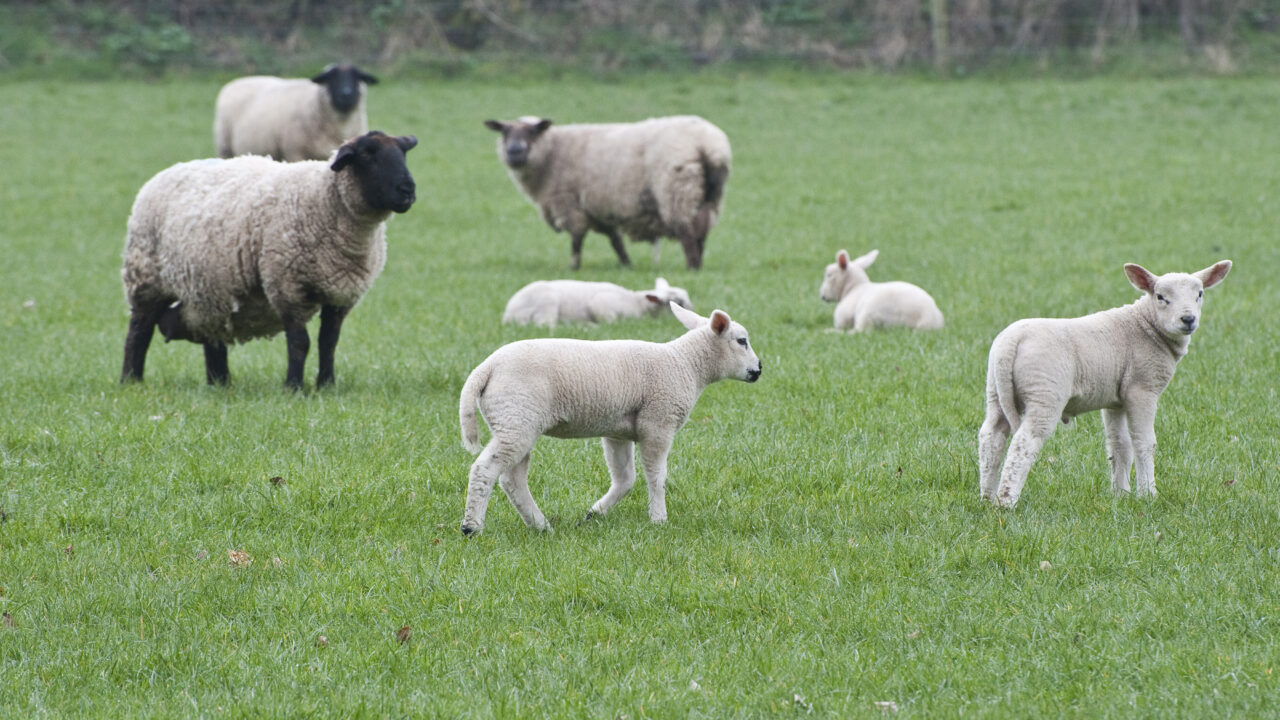Hybu Cig Cymru – Meat Promotion Wales (HCC) has outlined what it says are the three factors for best practice in flock management at weaning time for lambs.
These three factors – weight, pasture and vaccination – can help farmers know when to wean; can promote the health of ewes and lambs; and can ensure on-farm efficiency, according to HCC.
Lowri Williams, flock and herd health officer with HCC, explained: “Before weaning, while the lambs are still with the ewes, vets recommend vaccinating lambs against clostridial diseases.”
This campaign by HCC is part of the ‘Stoc+’ project, which is a five-year initiative designed to improve the Welsh red meat industry’s “efficiency and profitability”.
“Ewes’ colostrum will only provide protection for between three and four months; therefore, this is the ideal time to act to prevent conditions such as black disease,” Williams continued.
Pasture
“Pasture management is also important at this time. Lambs should be turned out to clean pastures which haven’t been grazed for a few months, as there will tend to be a low level of internal parasite larvae,” said Williams.
Meanwhile, she added, ewes’ grazing should be restricted to stop milk production, while farmers should keep and eye out for mastitis at this time.
Weight
“The most crucial element is that lambs’ weights need to be monitored, to help ensure the right timing,” Williams stressed.
“Research has suggested that if lambs’ daily weight gain is below 200g they should be weaned sooner rather than later to ensure they receive sufficient nutrients. An accurate assessment of lambs’ weight also helps ensure that vaccination and worming doses are as effective as possible,” she added.
More information on these factors can be found in the ‘Sheep Health’ handbook, which is available at the HCC website.

